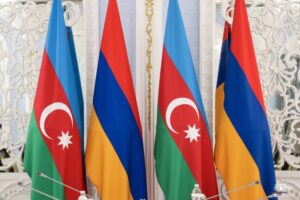
Armenia has accepted Azerbaijan’s proposals on two unresolved articles of the draft peace agreement, which means the end of the negotiation process.
“Thus, the peace agreement is ready for signing. The Republic of Armenia is ready to begin consultations with the Republic of Azerbaijan on the time and place of signing the Agreement,” reads the statement published on the official website of the Armenian Ministry of Foreign Affairs on Thursday.
Yerevan also noted that it had offered to make a joint statement on the agreement, but Baku “preferred a unilateral statement.”
Earlier, Azerbaijani Foreign Minister Jeyhun Bayramov said that Armenia had agreed to the latest amendments. According to him, the next step should be the removal of clauses from the Constitution of Armenia that Azerbaijan regards as territorial claims, as well as the dissolution of the OSCE Minsk Group.
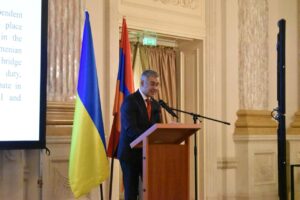
The Embassy of the Republic of Armenia in Ukraine hosted a reception on the occasion of the Independence Day of the Republic of Armenia at the Fairmont Hotel in Kyiv, which brought together representatives of diplomatic, cultural and business circles. This event not only emphasized the historical significance of the holiday, but also became an opportunity to discuss the current challenges and achievements of the country.
“While celebratingthe achievements of our past, we must also confront the current reality. Armenia is going through a difficult path, facing unprecedented challenges to regional peace and security, which remind us of the constant need for strength and unity,” said Ambassador Extraordinary and Plenipotentiary of the Republic of Armenia to Ukraine Vladimir Karapetyan.
The Ambassador also focused on Armenia’s economic achievements, emphasizing the growth of the economy and the increase in jobs, which is evidence of the country’s resilience.
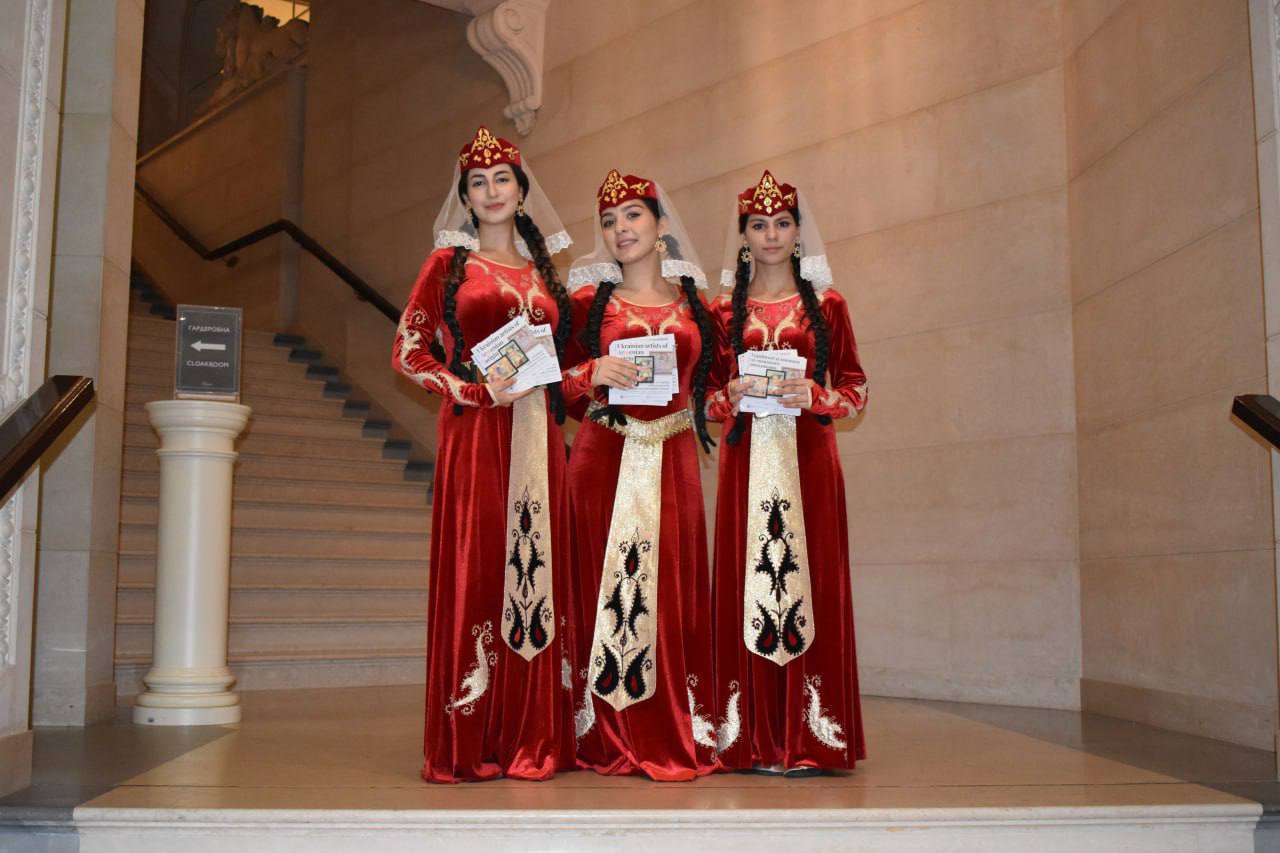
“The Armenian economy has experienced significant growth in recent years. Economic growth is almost 30 percent, and state budget revenues have increased by more than 90 percent. In addition, about 200,000 new jobs have been created,” he said.
Mr. Karapetyan expressed optimism about the process of normalization of relations with neighboring countries, in particular with Azerbaijan and Turkey. He noted the importance of peace talks, emphasizing the importance of mutual recognition of territorial integrity.
“A week ago, Prime Minister Pashinyan made a clear statement about Armenia’s readiness to sign a peace agreement right now,” he emphasized.
In addition to political and economic issues, Mr. Karapetyan also paid attention to the role of the diaspora in Ukraine, calling it a “reliable bridge” between the two countries.
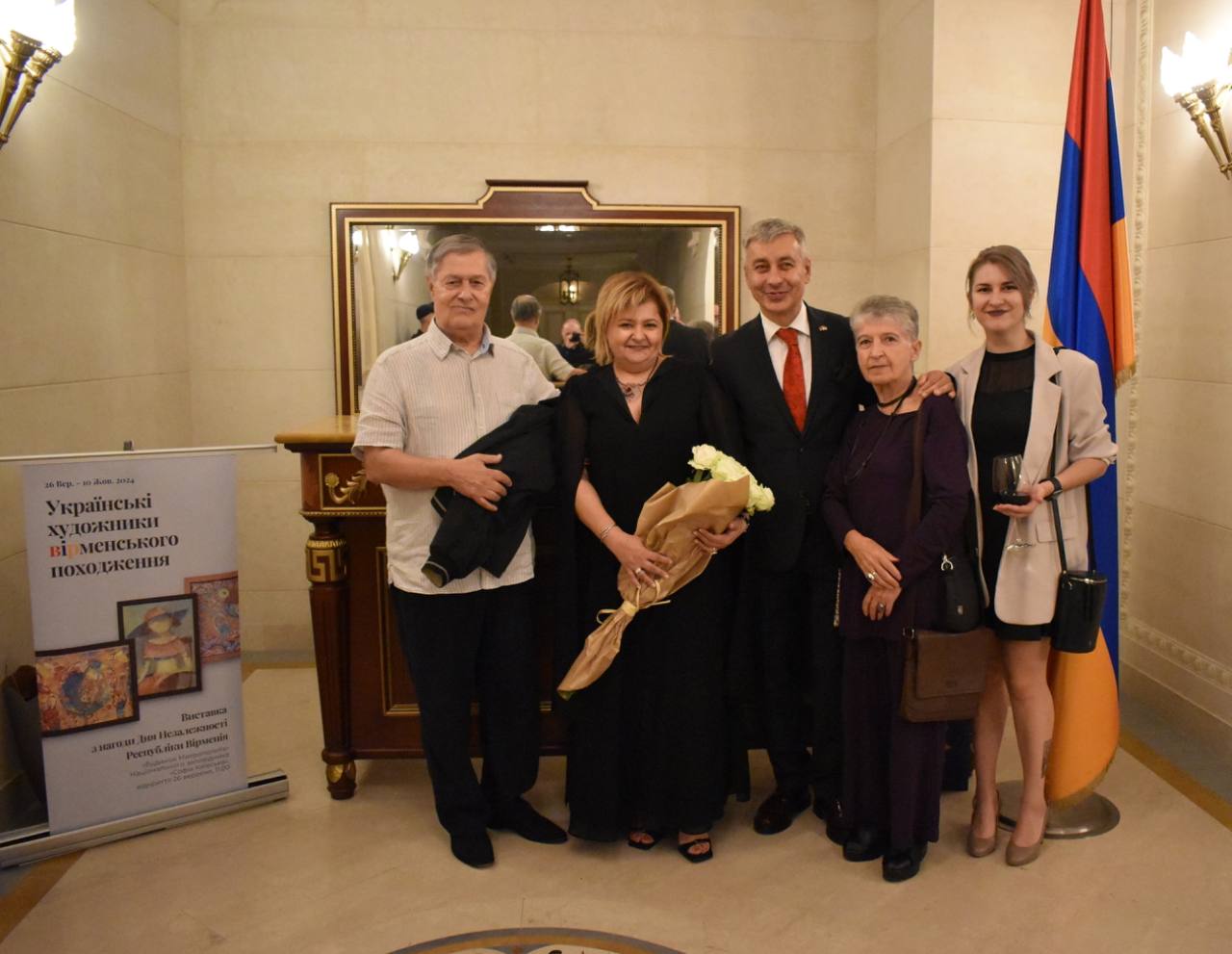
“The Armenian diaspora in Ukraine is distinguished by its loyalty and patriotism to both its historical homeland and Ukraine. More than ten thousand Ukrainian citizens of Armenian origin are currently at the front,” the ambassador emphasized.
He paid special attention to recognizing the contribution of famous Armenian figures to Ukrainian culture. In particular, the ambassador mentioned film director Roman Balayan, who was awarded the Oleksandr Dovzhenko State Prize.
At the end of his speech, Mr. Karapetyan invited the audience to visit an exhibition of Ukrainian Armenian artists that will open this week at St. Sophia Cathedral.
After Ukraine declared independence on August 24, 1991, Armenia recognized Ukraine on December 25, 1991. On December 25, 1991, Ukraine and Armenia established diplomatic relations.
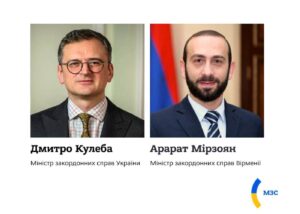
Ukrainian Foreign Minister Dmytro Kuleba and Armenian Foreign Minister Ararat Mirzoyan discussed the security situation in Europe and the South Caucasus on the margins of the Dubrovnik Forum in Croatia.
“I thanked Armenia for participating in the first Peace Summit in Switzerland and informed my counterpart about further work on the implementation of the Peace Formula on the way to a just and sustainable peace in Ukraine,” Kuleba wrote on social network X.
The ministers also focused on ways to deepen bilateral ties and international cooperation, especially in light of Ukraine’s future membership in the EU.

Active Group and Experts Club have conducted a joint study on the attitudes of Ukrainians towards the countries of East Asia and the Middle East. The research was presented at the Interfax-Ukraine news agency in June 2024. The research was presented by Maksym Urakin and Oleksandr Poznyi. The results of the study are as follows:
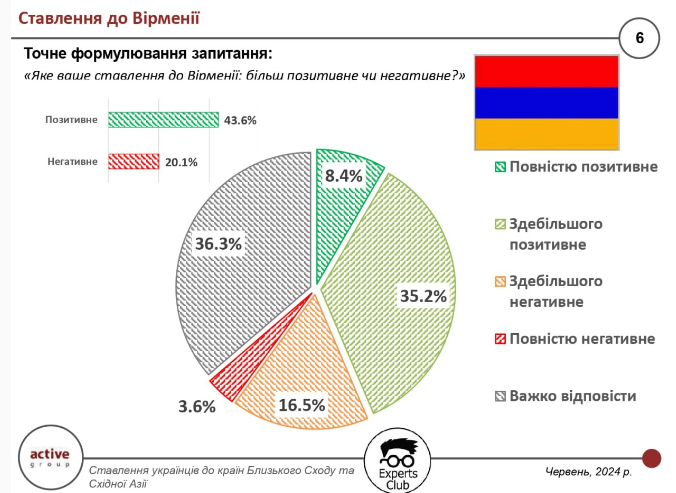
The results of the survey are as follows:
Completely positive – 8.4
Mostly positive – 35.2
Mostly negative – 16.5
Completely negative – 3.6
Difficult to answer – 36.3%.
Positive – Negative – 23.4
On December 25, 1991, Ukraine and Armenia established diplomatic relations.
The joint research by Active Group and Experts Club on the attitudes of Ukrainians towards the countries of East Asia and the Middle East was conducted in April-May 2024. It covers such countries as Turkey, Iran, Israel, Egypt, Jordan, Saudi Arabia, UAE, Afghanistan, Pakistan, Azerbaijan, Uzbekistan, Turkmenistan, Kyrgyzstan, Tajikistan, Kazakhstan, Georgia, Armenia, India, China, Republic of Korea, DPRK, Japan, Vietnam, Indonesia, Syria, and Iraq. Full information on the research is available on the website of the Club of Experts at
https://expertsclub.eu/cpilne-doslidzhennya-kompaniyi-active-group-ta-experts-club-shhodo-stavlennya-ukrayincziv-do-krayin-shidnoyi-aziyi-ta-blyzkogo-shodu/
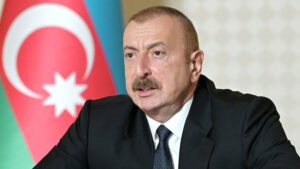
France, India and Greece are openly arming Armenia, and Baku will take serious measures if the situation poses a threat to Azerbaijan, Azerbaijani President Ilham Aliyev has said.
“We cannot just sit and wait. We have clearly communicated our position to the Armenian government and the parties that are trying to take care of Armenia today. If we see a serious threat to ourselves, we will have to take serious measures,” Aliyev said on Tuesday at a meeting in Baku with participants of the international forum “COP29 and Green Vision for Azerbaijan” organized at the ADA University.
The President noted: “France, India and Greece are openly arming Armenia and are trying to prove something to Azerbaijan in this way.
Earlier, the Experts Club think tank created a video analysis of the post-war situation in the Caucasus – https://youtu.be/reyUMjFBFhU?si=qpqLleFVqZJ30GuV

Azerbaijan has been waiting for more than two months for a response from Armenia to official Baku’s comments on the proposal for a peace treaty, Azerbaijani President Ilham Aliyev has said.
“We are waiting for Armenia to respond to our comments on the proposal. We have exchanged proposals on the draft peace treaty several times, but now we have been waiting for more than two months, since September 11, for the Armenian government to respond to us. We want to know their opinion on these comments. But we have not received a response,” Aliyev said in a press statement on Monday.
The Azerbaijani head of state emphasized that the reason is that Armenia “receives bad advice,” in particular from France.
“France plays a very destructive role in the South Caucasus. In fact, Armenia has become a puppet of the French government, and this can pose a serious threat to regional stability,” Aliyev said.
He reiterated that Azerbaijan “does not need any war”. “We fought on our territory, restored justice and international law. But the Armenian government and political establishment are thinking about revenge. And the wrong messages of the French government actually create illusions in the Armenian government, and perhaps in the Armenian public opinion,” that they can launch military aggression against Azerbaijan, the president said.
He emphasized that Azerbaijan is ready for peace. “We are ready for peace, but a just peace based on the recognition of the territorial integrity and sovereignty of both countries. Peace based on common sense and historical justice,” Aliyev said. Earlier, the Experts Club analyzed the political and economic situation in the Caucasus. You can learn more about the prospects for the development of Transcaucasia after the end of the Karabakh conflict in the video on the Experts club channel here: https://youtu.be/reyUMjFBFhU